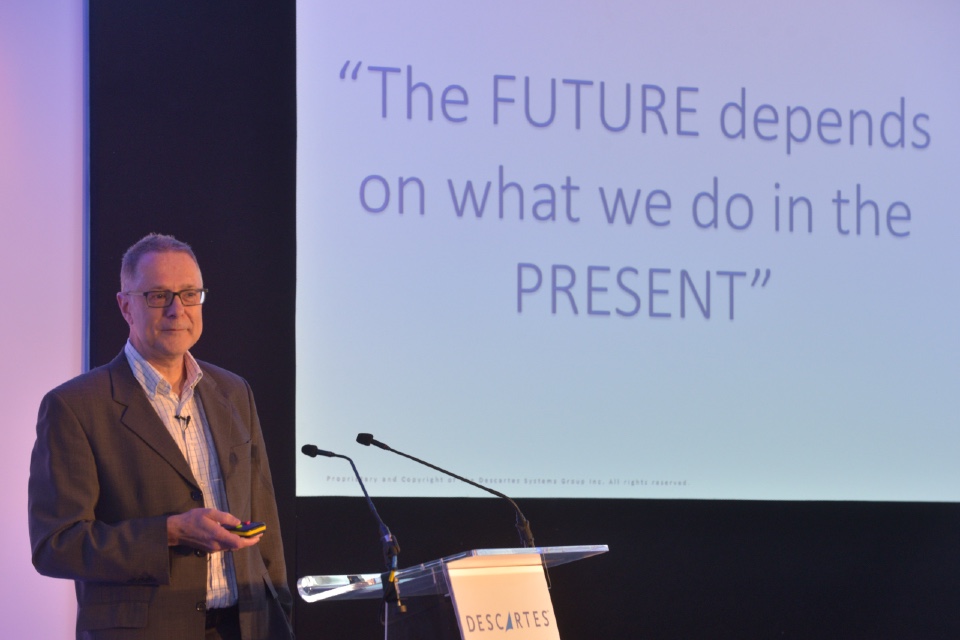Less than a half of consumers (49%) trust brands that say they’re sustainably and ethically driven in their marketing and branding, or that they are aiming to achieve net zero by a certain date (47%).
Similarly, only 15% of business decision makers in business to consumer businesses are completely confident that all the materials their organisations use are responsibly sourced.
What’s more concerning is the motivation behind the distrust. According to research released by NAVEX Global only a quarter (25%) of consumers believe businesses are primarily motivated to undertake environmental, social and governance (ESG) initiatives to make a positive difference to the world and over half (55%) of businesses agree it’s more about that bottom line.
The research conducted with Sapio Research of 500 business decision makers and 2,000 consumers in the UK launches following COP26, which emphasised the global urgency to tackle climate change for the future of the planet.
While talk of ESG issues might be dominating the headlines, it’s widely believed more can be done. 74% of consumers and 85% of consumer businesses agree that most businesses could do significantly more on their efforts to be ethical and sustainable.
However, only a quarter (25%) of consumers think making a positive difference in the world is one of businesses’ top two motivations for undertaking ESG efforts. Equally, just 27% of businesses say ESG investment is one of their top three priorities for the next financial year, despite the fact that over half (55%) of consumers think it should a top three priority and a further 17% that it should be the number one focus.
However, when it comes to who they believe is responsible for enacting change, businesses and their own organisations come out top. Half of businesses (50%) think that their own organisations are responsible for ensuring ethical and sustainable practices are upheld within their organisation and throughout their supply chain. Consumers agree; 38% also felt this was the business’ responsibility. At the same time, 32% feel the government should be taking responsibility for this too.
While there may be a contrast in perceptions around how much a business is or should be doing towards sustainable and ethical issues, there could be a significant impact on business, nonetheless. Almost three in five (59%) consumers say they would stop doing business with a company if there were negative news stories about their ethical and sustainable practices, and over half (54%) believe that only businesses that uphold standards in these areas will continue to be successful in the future. Furthermore, 37% of consumers overall and 57% of those aged 18-25 say they’ve stopped buying from a brand because they did not consider it sustainable or ethical.
Consumers are making active decisions on where they purchase based on sustainability and ethics, much to the surprise of businesses decision makers amongst whom only 18% think that consumers consider whether something is ethically or responsibly sourced when making a purchase. Despite this, 60% of B2B businesses say they agree their customers will leave them if they fail to demonstrate ethical and sustainable practices in the future, but less than half (45%) of consumer businesses agree with this.
The current perceptions on business and the reality that consumers are willing to leave a brand because of ethical and sustainable practice is a concern. At the core, confidence and trust are lacking. A third (34%) of consumers say they don’t think any industry is tackling climate change well. Similarly, only 17% of all businesses surveyed were completely confident that the businesses they partner with or outsource to operate ethically and sustainably, despite 45% saying they personally research companies they work with. Not only do consumers lack trust in the brands they buy from, but businesses themselves do, too.







